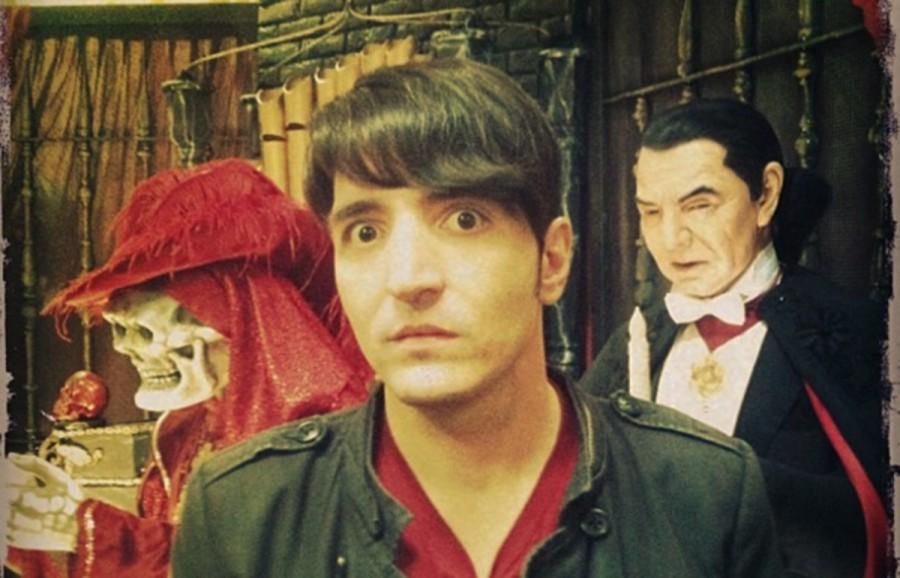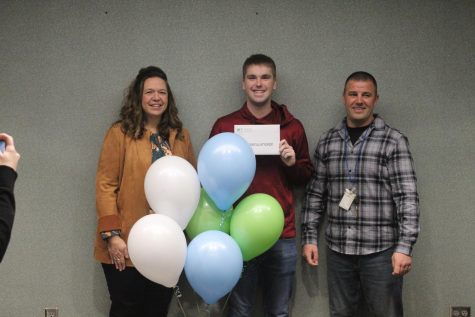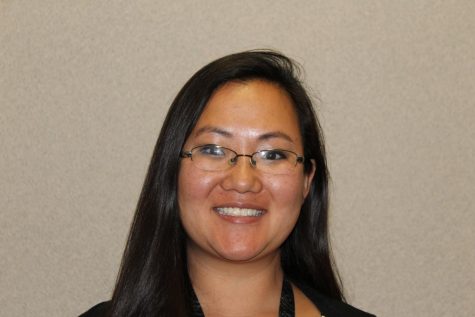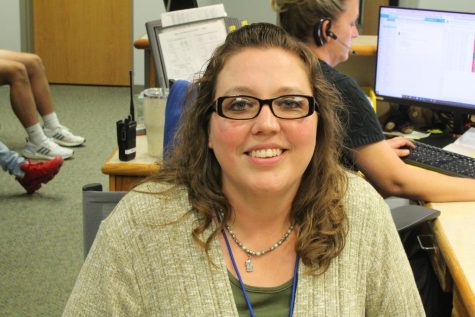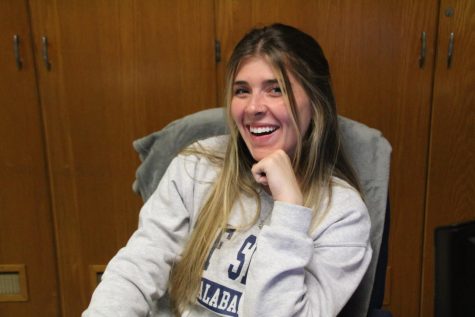How “Ant-Man” Actor David Dastmalchian Overcame Drug Addiction
Disclaimer: This article contains mature content regarding drug addiction.
Do you, or does someone you know, struggle with an addiction of any kind? If your answer is “yes,” then this interview was conducted to reach out to people like you. Addiction—specifically drug addiction—is a growing problem among American teenagers and adults alike. It is a topic to be considered and taken seriously.
My cousin, Collin Schiffli, is a film director in Los Angeles. After graduating from a prestigious film school and familiarizing himself with the world of Hollywood, Collin directed his first movie in the autumn of 2013. Entitled “Animals,” the movie presents the raw, emotional reality of drug addiction. It follows the story of Bobbie and Jude, a young homeless couple who live a blissful life until their addiction threatens to destroys it all. The film ultimately circulated the globe via dozens of film festivals and picked up some awards as well.
More importantly, however, the film successfully spread a powerful message regarding the dangers of drug addiction, which was its chief purpose. Its screenplay was written by Collin’s close friend, David Dastmalchian. David is a former heroin addict who overcame his addiction and pursued a career in acting. He portrays Jude in Animals and has distinguished himself as a rising actor in Hollywood thanks to his appearances in other movies like The Dark Knight, Prisoners, and one of 2015’s cinematic hits, Ant-Man.
I was fortunate enough to have the chance to interview David and to hear his story, and I’ll be blunt—it’s incredible. He not only crawled out from the abyss of his heroin addiction; he reached for the stars of Hollywood and touched them.
Our interview is as follows.
Q: When and where were you born?
A: I was born in Allentown, PA, July 21, 1975.
Q: When did you fall into drug addiction (and, if it’s not too personal, how)?
A: I began drinking alcohol on a fairly regular basis by my freshman year of high school. (Whether it’s classified as such, alcohol is a drug and can be just as addictive as narcotics.) I was a daily pot smoker by the end of high school and was drinking as often as the opportunity presented itself. I experimented with any drug that was available at that time. When I went to college, I became friends with a group of musicians who were using heroin regularly. They were shooting up but I began using by snorting it. I was about 18 years old. I was able to maintain a very productive and successful collegiate career for several years while regularly using heroin. I hadn’t realized how bad my habit had gotten ahold of me until it was too late. I was suddenly scrambling for money and opportunity each and every day to keep myself from getting “sick” (going through the painful experience of withdrawal) I believe that my initial desire to remain so heavily intoxicated came from a combination of genetic predilection towards addiction, unprocessed childhood traumas and undiagnosed clinical depression.
Q: Did you only use heroin?
A: Once I began using heroin, I didn’t want any other substances in my system. I became convinced that any other substances would only inhibit the full effects of the heroin.
Q: How did your addiction change your life for the worse?
A: I lost all accountability to myself, my work and to those that I loved. I stole money from strangers and people who cared for me. I was willing to do whatever it took to maintain my habit, even if that meant hurting innocent people.
Q: How would you describe your turning point—the moment you decided to fight back against your addiction?
A: I was hospitalized against my will and I believe that I’d seen myself dig about as low as I could dig. I didn’t want to live anymore under the control of opiate addiction – but I didn’t want to die either. I had to make a choice.
Q: What did you find most challenging in your journey to overcome the addiction?
A: I am a creature of habit. The daily procurement and ritual of release that comes from using heroin was a very difficult ritual to replace. I had to find things in my life that brought that same sense of cyclic repetition and comfort which were beneficial to my life.
Q: What steps did you take to pursue a career in acting?
A: I studied acting at a top training conservatory – the Theater School at DePaul University. I also immersed myself in the storefront and no-budget indie theater scene of Chicago. I was able to tackle very challenging roles in very powerful scripts while surrounded by hard working and dedicated artists. I also watched thousands, if not tens of thousands of films over my lifetime, continuing to study the styles of acting and performance that I love.
Q: What have been some obstacles you’ve faced during your acting career?
A: One of the obstacles that I’ve faced was arriving in Hollywood without the benefit of any “connections” or the assistance of anyone who was connected to the industry. I had to hustle my way around Los Angeles and cold call agents, managers, casting directors, etc. in the hopes of getting an opportunity. That process was very beneficial in the long run – I learned that I’ll never have a greater advocate for my career than myself.
Q: When I saw Animals at the Music Box Theatre in Chicago in May of 2014, you said during the Q & A that writing and filming Animals was something that you felt you needed to do. Why?
A: I feel very grateful that my life has turned out the way that it did. I don’t think the statistics are very encouraging when viewing opiate addiction in the world right now. I know that I represent a slim percentage of individuals who have been able to find freedom from the misery of being an addict. I want people to see me and see the film and know that it’s absolutely possible.
Q: How has your hard work paid off today?
A: It seems as though Animals has found its way into the viewing sphere of some very interesting and even important people in the film industry. Animals, as well as some of the other work that I’ve done as an actor and storyteller, has helped for people to see me in a very specific light, that they will take me more seriously and consider whatever project or idea I may be presenting to them.
Q: Is there anything else you’d personally like to tell my classmates about drug addiction?
A: […] I will gladly stand on my soap box and rattle my sword to any young person who is willing to listen for even a few seconds – opiates are NOT there for experimentation. You don’t see it coming. You won’t see it coming. You will be just like every other individual who has ever gone before you and you will tell yourself, “I can do it just once or a couple of times and I won’t become an addict.” It just has this uncanny and almost malicious power to creep up under your skin and then take hold – often with just one use. The more sobering fact is that it’s usually within someone’s first few times using opiates that they are likely to overdose and die. What a sad way to go. To take it one step deeper, though, I hope that anyone who is listening to this who may be struggling with any degree of depression will listen to me and go ask for help. We are so easily convinced in this world that we are alone and that there is no one else out there who understands the isolating nature of our darkness. That couldn’t be further from the truth. If you are struggling with an internal battle against constant sadness, insecurity or depression, I hope that you will have that one conversation with your school counselor or parent or teacher that you trust who can help you set up an appointment with a therapist. Your depression won’t necessarily make you a heroin addict. It can manifest itself in so many ways. Self-harm, alcohol and drug abuse, food addiction, sleeplessness, the list goes on and on. You deserve a level of quality in your life that you don’t even realize.


